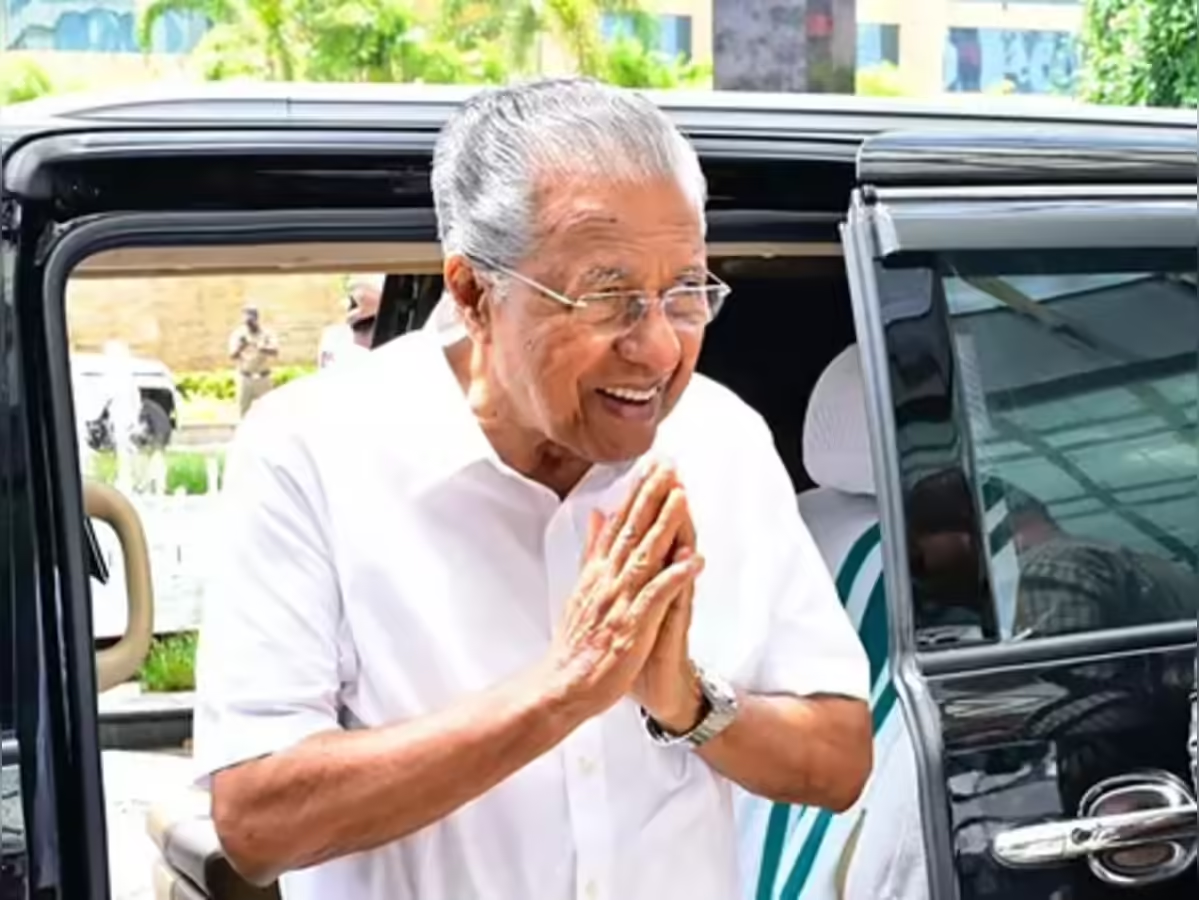
Why did police slap rioting charge for boycott call? ask Fraternity Movement activists
text_fieldsThe Kerala police in Kozhikode booked student activists from the Fraternity Movement at Farook College under various sections of the IPC, including a charge of intending to cause a riot, for peacefully protesting with a boycott call in front of a Starbucks outlet in solidarity with Palestine against the Israeli war on Gaza.
Subsequently, the accused were arrested, but the riot charge for a peaceful protest raised eyebrows among activists who questioned the police action, terming it an attempt to terrorize their movement by filing false cases against them.
The protest, orchestrated by the Fraternity Movement as part of the Free Palestine Week, aimed to shed light on brands allegedly supporting Israel in the ongoing conflict with Palestine.
The students' activists, Waseem, Hathim Yasar, Fathima Meharin, Rafa Mariyam, Ameena Firose, and Nadhwa Rahman were booked under IPC sections 448 (Punishment for house trespass), 153 (wantonly giving provocation with intent to cause riot), 427 (committing mischief and cause loss or damage to an amount equivalent to fifty rupees) and 34 (acts done by several persons in furtherance of common intention.
The students' campaign took a focused approach, choosing Starbucks as the target of their boycott initiative on January 4. Armed with posters bearing messages such as 'Free Palestine' and 'Caution: Content May Fund Genocide,' they sought to convey their message peacefully.
However, the demonstration ended with unexpected consequences, as six students, including Waseem Mansur, the unit president of the Fraternity Movement, were arrested by the Kozhikode Town police on January 7.
The police also seized their vehicles without explaining this action satisfactorily. Despite seeking clarification, the Kozhikode Town Police Station House Officer has remained silent on the inclusion of rioting charges, adding to the confusion surrounding the arrests.
Undeterred by the arrests, the Fraternity Movement organized a march to the Starbucks outlet on Sunday, protesting the case against the students.
Shaheen Ahmed, a district secretariat member of the Fraternity Movement, emphasized that their call to boycott brands allegedly supporting the genocide should not be equated with a call to riot.
This incident shines a spotlight on the broader global movement against brands perceived to support Israel's actions in the Palestinian conflict. Recent reports suggest that Starbucks Corporation has incurred substantial financial losses due to political tensions and calls for a boycott over its alleged ties to Israel's war on Gaza.
The Boycott Divestment and Sanctions (BDS) Movement, active since 2005, has targeted major global brands, including Pizza Hut, McDonald's, Burger King, Domino’s Pizza, and Puma, facing boycotts from pro-Palestinian groups.
The police action sparks a broader conversation about the right to dissent and express solidarity with global causes, raising questions about the boundaries of free speech and the role of law enforcement in handling such expressions of activism.
The students' case symbolises the challenges faced by those who seek to peacefully advocate for social justice in a complex and politically charged landscape.






















